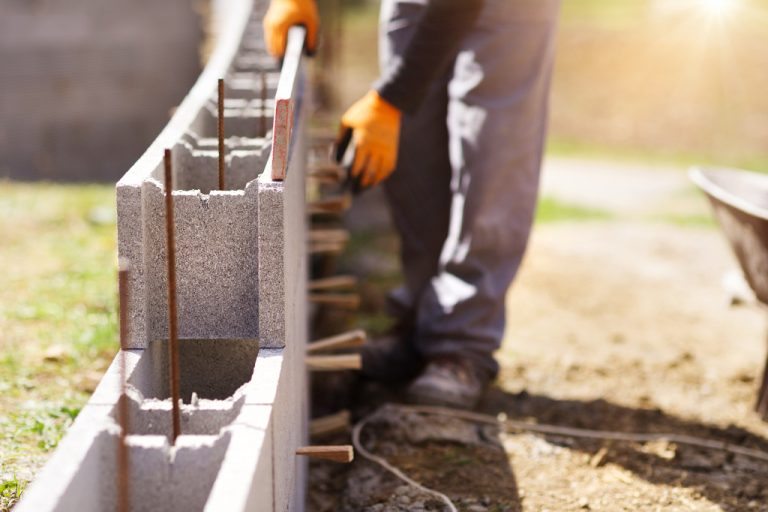Home construction businesses are highly profitable ventures, with many choosing to open their own business in the industry. According to recent statistics, the US home construction industry is worth over $1.6 trillion, making it one of the most lucrative markets in the world. With rising demands for housing and high demand for new homes and structures, there is no shortage of work or money to be made in this thriving industry.
The most successful contractors typically have years of experience in the field and a good understanding of accounting principles such as budgeting and cost estimation. This knowledge allows them to make sound financial decisions that result in higher profits for their business. Furthermore, having excellent customer service skills and networking capabilities can also be incredibly beneficial when trying to gain more clients or secure more significant projects.
However, you might be building a business from the ground up, and it’s essential to understand all the considerations that come with this task. Here are a few steps to consider when building a profitable home construction business.
Learn the Basic Skills
Home construction is a complex trade requiring various skills to provide professional service. A basic understanding of carpentry, electrical work, and masonry are essential for any home builder. Furthermore, contractors should know how to read blueprints and building codes and estimate costs and materials needed for a project. Fortunately, many resources are available to help builders learn the necessary skills.
One way to gain experience is through apprenticeships or hands-on training from experienced professionals. Apprentices can learn firsthand from an experienced contractor and become familiar with standard tools and techniques used in home construction. Additionally, numerous online courses and certifications can teach potential contractors the fundamentals of their trade. These courses often come with real-world scenarios that allow students to apply their new knowledge directly to projects they may encounter as contractors.
For those who want more advanced training, universities and technical colleges across the country offer educational programs that cover structural design, framing techniques, plumbing systems, energy efficiency practices, and more. Many of these programs combine classroom instruction with hands-on learning experiences to give individuals a comprehensive understanding of the home construction industry.
Get the Essential Certifications
Starting a professional service will require contractors to obtain their state’s necessary licenses and certifications. These requirements vary from state to state, so builders need to research the applicable regulations for their area.
There will also be personal certificates to practice professionally, starting with a CITB test for construction managers. Additionally, OSHA provides a 10-hour class to help workers understand safety and health regulations on the job site. You can book a CITB test today to get your permit.
Furthermore, contractors should also consider taking out professional liability insurance to protect themselves and their businesses from potential legal issues or damages caused by faulty construction techniques. Professional liability insurance compensates clients if injuries that occur as a result of the contractor’s negligence arise.
Build a Network and Get Clients

Having skilled contractors is only half the equation for running a successful home construction business; builders must also have enough clients to stay afloat. Establishing relationships with other professionals in the industry, such as architects or suppliers, can provide referrals for new customers or potential partners. Contractors should also invest in marketing and advertising efforts that target their desired audience. Social media platforms like Facebook and Instagram are great ways to reach new people who may not yet be familiar with your services.
Contractors need to ensure they get paid for their hard work. Before beginning any job, they should provide a signed contract with the client outlining payment terms and project expectations. This document can be a reference in case of any disputes or misunderstandings about the service provided.
Finally, establishing trust with clients is essential for building long-term relationships. Contractors should strive to provide quality services promptly to ensure customer satisfaction. Make sure to keep an open line of communication throughout the entire process, so clients know what to expect at each stage of the project.
Improve Your Skills and Get Started
You might already have a professional practice, but it doesn’t mean you can relax and profit. Building a home construction business can be a rewarding experience, but it takes dedication and hard work. It’s essential to stay up-to-date with industry trends and techniques to remain competitive in the marketplace. Additionally, contractors must obtain the necessary certifications and licenses, build relationships with other professionals, reach out to potential clients, create contracts that protect their interests, and provide excellent customer service—all while ensuring deadlines are met. With these tips in mind, you’ll have the tools to build a successful home construction business.

